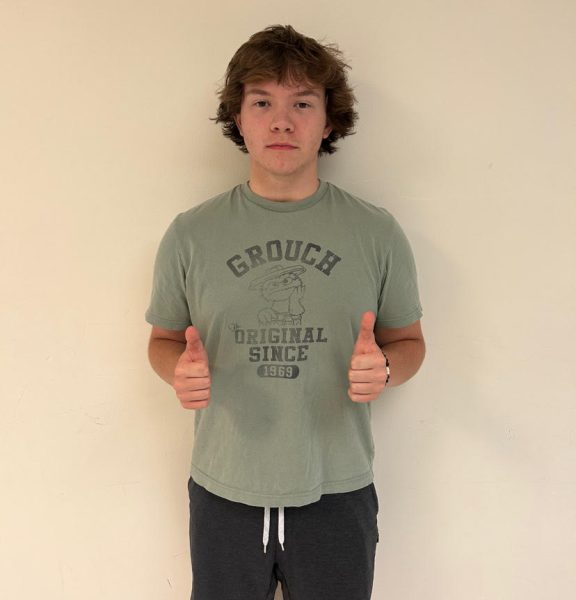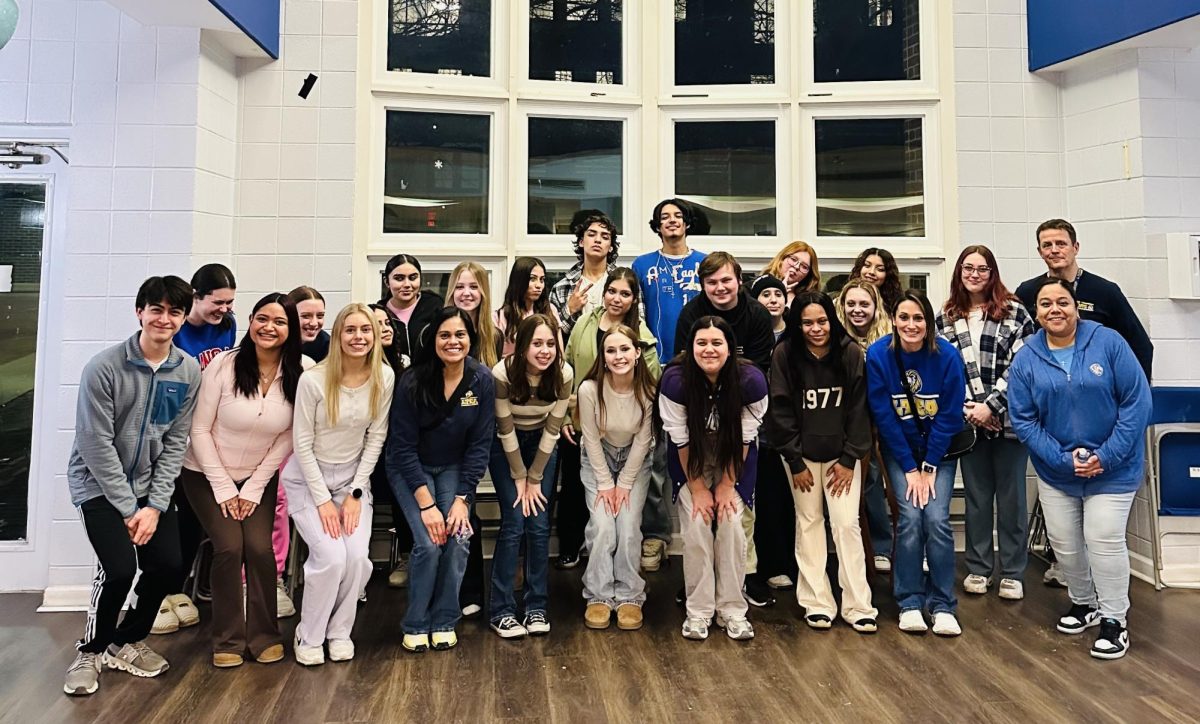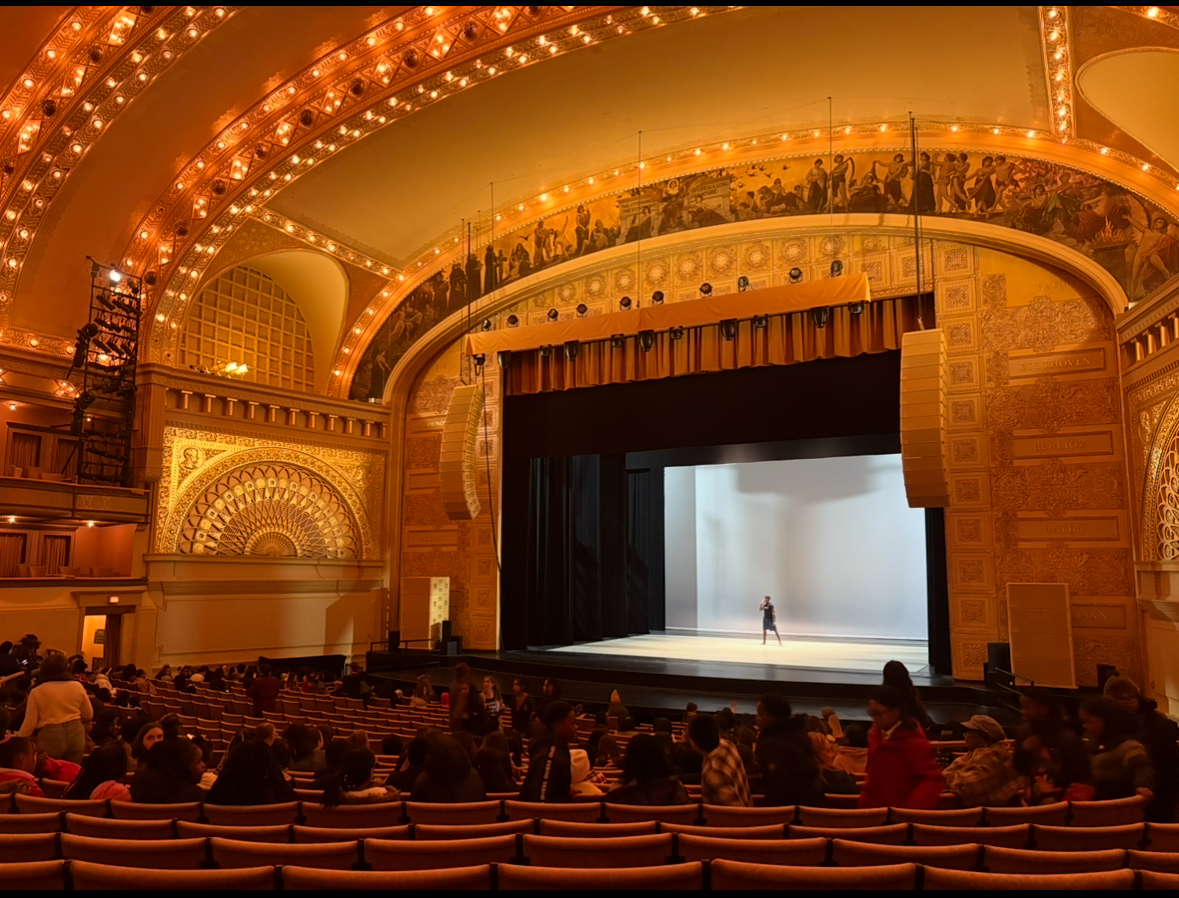It’s 2024, and the election is coming up fast. In today’s modern America, it’s impossible to get past an election year without experiencing some type of political campaigning. So why try and hide from it? You clearly can’t avoid it if it’s on your favorite social media apps. Why not talk about it in class?
Now nobody likes that one uncle at Thanksgiving who starts out the nice family dinner with a political rant, but that’s not what I’m talking about. What I’m proposing is that teachers encourage their students to engage in discussions about the upcoming election in certain classes that relate to subjects such as history, English, politics, and writing.
It wouldn’t have to be a requirement for any of those classes’ curriculum but rather for when the class has some sort of enrichment time, allowing students who are willing to participate to engage each other not in heated arguments but rather in civil debates.
I understand that administrators wouldn’t want this to lead to increased division among students, but it’s important to allow students to engage in modern discussions where they can express their personal arguments or perspectives on political topics. It would be a good way for students not only to work on their research and debating skills but also allow them to learn from each other. It creates an environment where students can be open to exploring policies or different opinions from their opposing parties.
There would be no requirement for students to participate, and there’s a likely chance that students would be too scared to even speak on their ideologies in an open classroom discussion. But if the teacher would encourage the students to both express their sides and point out different outlooks on policies, they might reconsider. Candy as a reward for those who participate would also work.
This often happens in college political science classes: the teacher will encourage students who are on two completely opposing sides of an issue to engage in a political debate. The teacher will stay unbiased and will not choose sides but rather question both sides, trying to find flaws or holes in their arguments. This gives students the chance to better their understanding of the subject and research it more thoroughly so that the next time the class has a discussion, they can try to prove their point to the best of their ability.
I think involving political discussions in certain classes at LT would be an intriguing and advanced new exercise for students to learn from. As students we often engage with our peers in arguments for the sake of debate, but we also often wonder what students who lack the ability to voice their opinions might have to say.
Categories:
Let’s talk politics
Ray Klaczynski, Opinions Editor
September 27, 2024
0
More to Discover
About the Contributor

Ray Klaczynski, Opinion Editor
No, I don’t cover myself with Vaseline, I’m just naturally lubricated.



















![Movie poster for '[Rec]" (2007).](https://www.lionnewspaper.com/wp-content/uploads/2023/04/rec-640x900.jpg)



